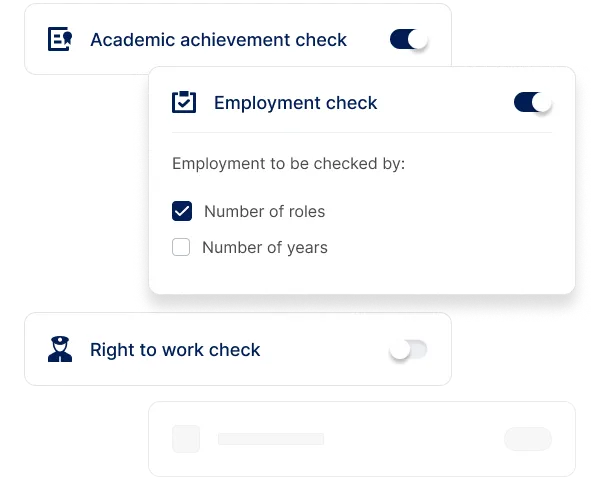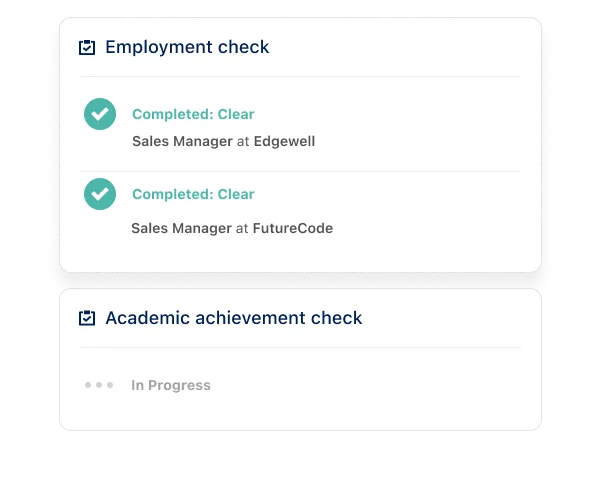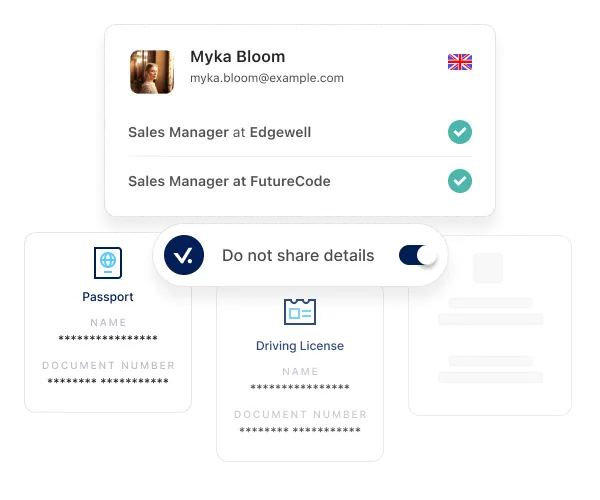Comprehensive Guide to Employment Background Checks in Japan
Everyday, Veremark carries out background screening all over the world for companies who need checked and verified employees. If you’re looking for background checks in Japan, here’s some information that might help.
Japan, a leader in technology and innovation, boasts the third-largest economy in the world. With a highly educated workforce and a unique corporate culture, businesses operating in Japan must navigate a complex landscape when it comes to hiring practices. As companies increasingly seek to ensure their workforce is reliable and qualified, the role of employment background checks has become more critical than ever. This guide provides an in-depth look at the processes involved in conducting employment background checks in Japan, including legal frameworks, common practices, and best practices for employers.
Introduction to Japan’s Growing Economy and Workforce
Japan’s economy is characterised by a strong emphasis on technology, manufacturing, and services, making it a hub for innovation and business. The workforce is highly skilled, with a strong commitment to education and professional development. However, the country faces challenges such as an ageing population and declining birth rates, leading to a tightening labour market. As a result, employers must attract and retain top talent while ensuring that their hiring practices are thorough and compliant with local regulations.
Legal Framework and Data Protection
Japan's legal landscape regarding employment background checks is governed by several key regulations:
- Personal Information Protection Act (PIPA): Enacted in 2003 and amended in 2017, PIPA sets strict guidelines for the collection, use, and handling of personal information. Employers must obtain consent from candidates before collecting any personal data and inform them of how their data will be used.
- Labour Standards Act: This act provides a framework for fair employment practices, prohibiting discriminatory hiring practices. Employers must ensure that background checks do not violate any anti-discrimination laws.
- Criminal Record Checks: In Japan, accessing an individual’s criminal record typically requires consent from the individual. Criminal background checks are usually limited to serious offences, and employers should ensure they comply with local laws when conducting these checks.
Employers must navigate these regulations carefully to avoid legal repercussions and maintain compliance with data protection standards.
Common Background Checks in Japan
In Japan, employers commonly conduct several types of background checks to assess candidates effectively:
While criminal checks are not as common in Japan as in some other countries, employers may still verify any serious criminal offences. This typically involves obtaining a certificate of the criminal record (or lack thereof) from local law enforcement, with the candidate’s consent.

Verifying previous employment is crucial for confirming candidates' qualifications and work history. Employers usually contact previous employers to verify job titles, dates of employment, and reasons for leaving.

Education checks are vital to ensure that candidates possess the qualifications they claim. Employers may reach out to educational institutions to verify degrees and certifications.

For companies operating internationally, global watchlist checks help ensure that candidates are not listed on any sanctions or regulatory watchlists, minimising compliance risks.


Seamless integration with existing hiring software
Plug our award-winning background screening software into your existing hiring workflows with Veremark's super-fast RESTful API.
Privacy and Data Security
When conducting background checks, employers in Japan must prioritise privacy and data security:
- Informed Consent: Employers must obtain explicit consent from candidates before conducting background checks, ensuring transparency throughout the process.
- Data Minimisation: Collect only the data that is necessary for the hiring process, adhering to PIPA’s principles of data minimisation.
- Secure Data Handling: Implement robust security measures to protect candidates' personal information from unauthorised access. Access to sensitive data should be limited to authorised personnel.
- Data Retention Policies: Establish clear policies regarding data retention and deletion, ensuring that personal data is only kept for as long as necessary and securely disposed of thereafter.
Turnaround times
Industries in Japan Benefiting from Background Checks
Finance and Banking
The financial sector requires rigorous background checks to prevent fraud and ensure compliance with regulations.
Healthcare
Background checks are critical in healthcare to verify qualifications and ensure patient safety.
Education
Schools and educational institutions conduct thorough background checks on staff to safeguard the well-being of students.
Technology
In the tech sector, background checks help protect sensitive data and intellectual property.
Best Practices for Employers Conducting Background Checks
To ensure compliance and efficiency, employers in Japan should follow these best practices:
- Obtain Explicit Consent: Always secure informed consent from candidates before conducting background checks, ensuring transparency throughout the process.
- Conduct Relevant Checks: Perform only those checks that are necessary for the role, avoiding excessive invasiveness while complying with legal standards.
- Use Reputable Providers: Partner with trusted third-party background check providers familiar with Japanese regulations to ensure accurate and compliant checks.
- Implement Robust Data Protection Measures: Follow Japan’s data protection laws throughout the background check process, including obtaining consent, data minimisation, secure storage, and timely deletion of data.
- Plan for Turnaround Times: Factor in the time required for background checks when establishing recruitment timelines to avoid hiring delays.
How it works




Data protection by design
Vault-like security with ISO and SOC2 certification
As Japan continues to innovate and attract global talent, the importance of conducting thorough employment background checks cannot be overstated. By adhering to legal standards, focusing on relevant checks, and implementing best practices for data protection, employers can effectively navigate the complexities of the hiring process. This ensures they attract and retain the best talent while fostering a culture of trust and integrity within their organisations.
Read more
FAQs
This depends on the industry and type of role you are recruiting for. To determine whether you need reference checks, identity checks, bankruptcy checks, civil background checks, credit checks for employment or any of the other background checks we offer, chat to our team of dedicated account managers.
Many industries have compliance-related employment check requirements. And even if your industry doesn’t, remember that your staff have access to assets and data that must be protected. When you employ a new staff member you need to be certain that they have the best interests of your business at heart. Carrying out comprehensive background checking helps mitigate risk and ensures a safer hiring decision.
Again, this depends on the type of checks you need. Simple identity checks can be carried out in as little as a few hours but a worldwide criminal background check for instance might take several weeks. A simple pre-employment check package takes around a week. Our account managers are specialists and can provide detailed information into which checks you need and how long they will take.
All Veremark checks are carried out online and digitally. This eliminates the need to collect, store and manage paper documents and information making the process faster, more efficient and ensures complete safety of candidate data and documents.
In a competitive marketplace, making the right hiring decisions is key to the success of your company. Employment background checks enables you to understand more about your candidates before making crucial decisions which can have either beneficial or catastrophic effects on your business.
Background checks not only provide useful insights into a candidate’s work history, skills and education, but they can also offer richer detail into someone’s personality and character traits. This gives you a huge advantage when considering who to hire. Background checking also ensures that candidates are legally allowed to carry out certain roles, failed criminal and credit checks could prevent them from working with vulnerable people or in a financial function.
Transform your hiring process
Request a discovery session with one of our background screening experts today.



%20(1)%20(2)%20(2)%20(1).jpg)
%20(1).webp)
